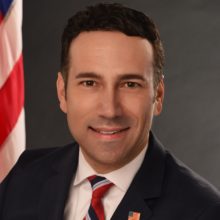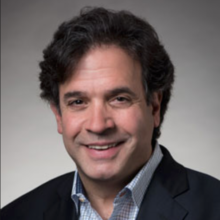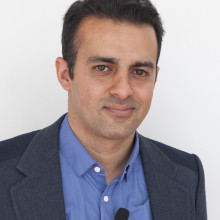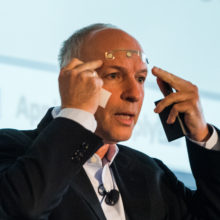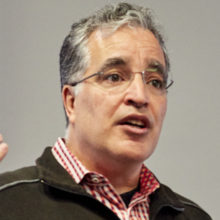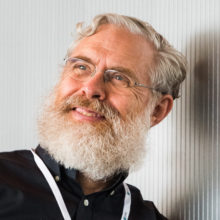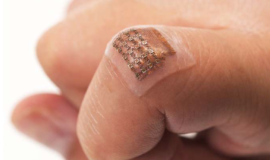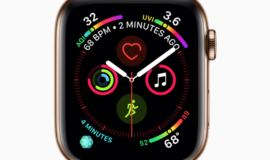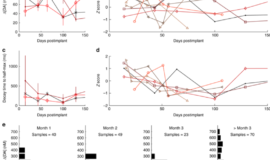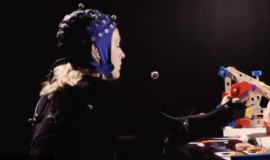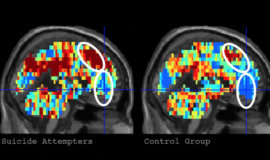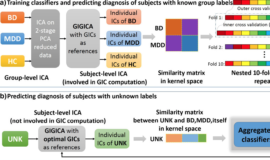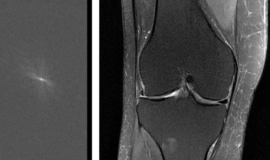Digital medicine tools and data analysis have already transformed the way health is predicted, diagnosed, monitored and improved.
Sensors are more accurate, less power consuming, and affordable. AI has moved from the labs of Marvin Minsky, Geoff Hinton, and Yann Lecun, to accessible technology that is transforming not only healthcare, but cars, the workplace, and the world.
What’s next?
- Models of gene knockouts, transforming drug discovery from animal and human studies to computer simulations
- Real-time, almost fully automatic, life-saving, medical intervention decisions, via advanced digital signal processing and biomedical sensing
- The next generation of computer vision enabling large, diagnostic machines, such as fMRI, to produce more accurate and novel diagnoses
- Device miniaturization, from wearable opto-electronics to body heat powered, self healing, continuous monitoring stickers
- Brain monitoring and stimulation, with fewer side effects, and natural sense-restoring (and enhancing) capabilities
- The ability to see (and fight) neurodegenerative disease at a much earlier stage
From the early detection of disease, to unobtrusive tracking of health, to the latest brain computer interfaces, ApplySci’s 9th Wearable Tech + Digital Health + Neurotech Boston conference will continue its focus on the radical reinvention of healthcare on September 24th at the MIT Media Lab.

